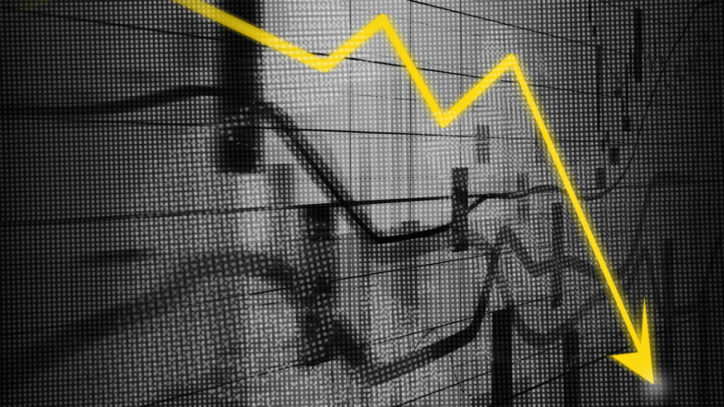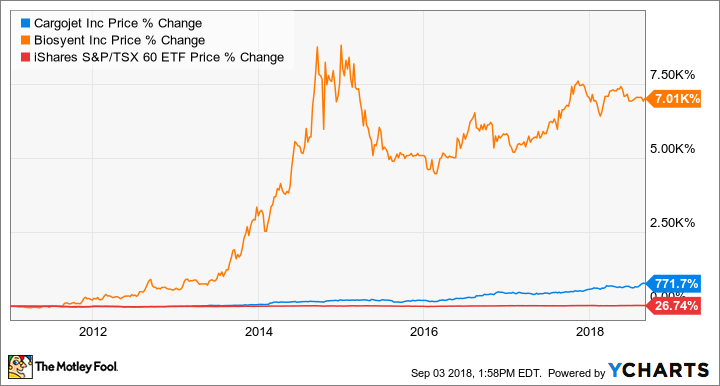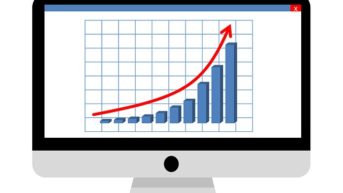
Market crashes create rare opportunities to buy fabulous companies at dirt-cheap prices. However, for superior returns, investors should consider buying companies that may not be on their regular lists of quality companies to buy.

CJT data by YCharts – Long-term price appreciation of Cargojet, Biosyent, and the Canadian market represented by the XIU.
High-growth stocks
High-growth stocks can deliver amazing returns over time because of their incredible growth rates. Buying them during market crashes can lead to superior returns.
This was certainly the case for Cargojet (TSX:CJT). A $10,000 investment in Cargojet in October 2008 during the last recession/market crash would have transformed to +$300,000! That’s a rate of return of +3,000% or nearly 42% per year.
The marvelous returns were due to two big reasons. First, since the advent of e-commerce, Cargojet has normally grown at an incredible rate. High growth leads to impressive price appreciation.
For example, in the first half of the year, Cargojet’s revenue and EBITDA increased by 18.8% and 23.8%, respectively. These are growth rates that many companies drool over.
Second, Cargojet’s business (and, as a result, its stock) was hit hard during the recession as the wallets of companies and consumers shrank. After all, Cargojet is Canada’s leading provider of time-sensitive, overnight air cargo services with a domestic overnight air cargo co-load network between 14 major Canadian cities as well as dedicated international routes.
When its business reverted back to normal, Cargojet’s stock had a turnaround that was unheard of — rising from a low of about $2.60 per share to today’s +$75 per share.

Small-cap stocks or ETFs
Small-cap stocks can deliver returns that are out of the world! A $10,000 investment in Biosyent (TSXV:RX) in October 2008 during the last recession/market crash would have transformed to about $3.2 million!
It’s actually quite unfair to use Biosyent as an example because it was a penny stock back then. And I doubt many investors would have the guts to buy it at about $0.03 per share at the time.
Nonetheless, Biosyent’s business model is legitimate. The specialty pharmaceutical company sources, acquires, or in-licenses innovative pharmaceutical products that are proven safe and effective to improve the lives of patients, and it sells them in Canada and internationally.
Biosyent has been growing its portfolio while maintaining profitability. In the first half of the year, Biosyent’s net revenue and EBITDA increased by 10% and 11%, respectively.
So far, it has eight marketed products and three that are pre-approved in Canada. It’s also important to highlight that Biosyent does not have any long-term debt.
If you’re uncomfortable with buying individual small-cap stocks, you should consider investing in small-cap ETFs, such as Vanguard Small-Cap Growth ETF, during market crashes for superior returns.
Since a low in February 2009, this ETF has delivered annualized returns of +19%. This beats the SPDR S&P 500 ETF Trust (AX:SPY)’s returns of +15%. The latter of which tracks the S&P 500, which includes 500 securities that represent the U.S. large-cap space.
Investor takeaway
Investors should keep some cash on hand to look for life-changing investment opportunities. During market crashes, you can invest in high-growth stocks, such as Cargojet, and small-cap stocks/ETFs for superior returns.
Fool contributor Kay Ng owns shares of Biosyent Inc. Biosyent Inc. is a recommendation of Hidden Gems Canada.
